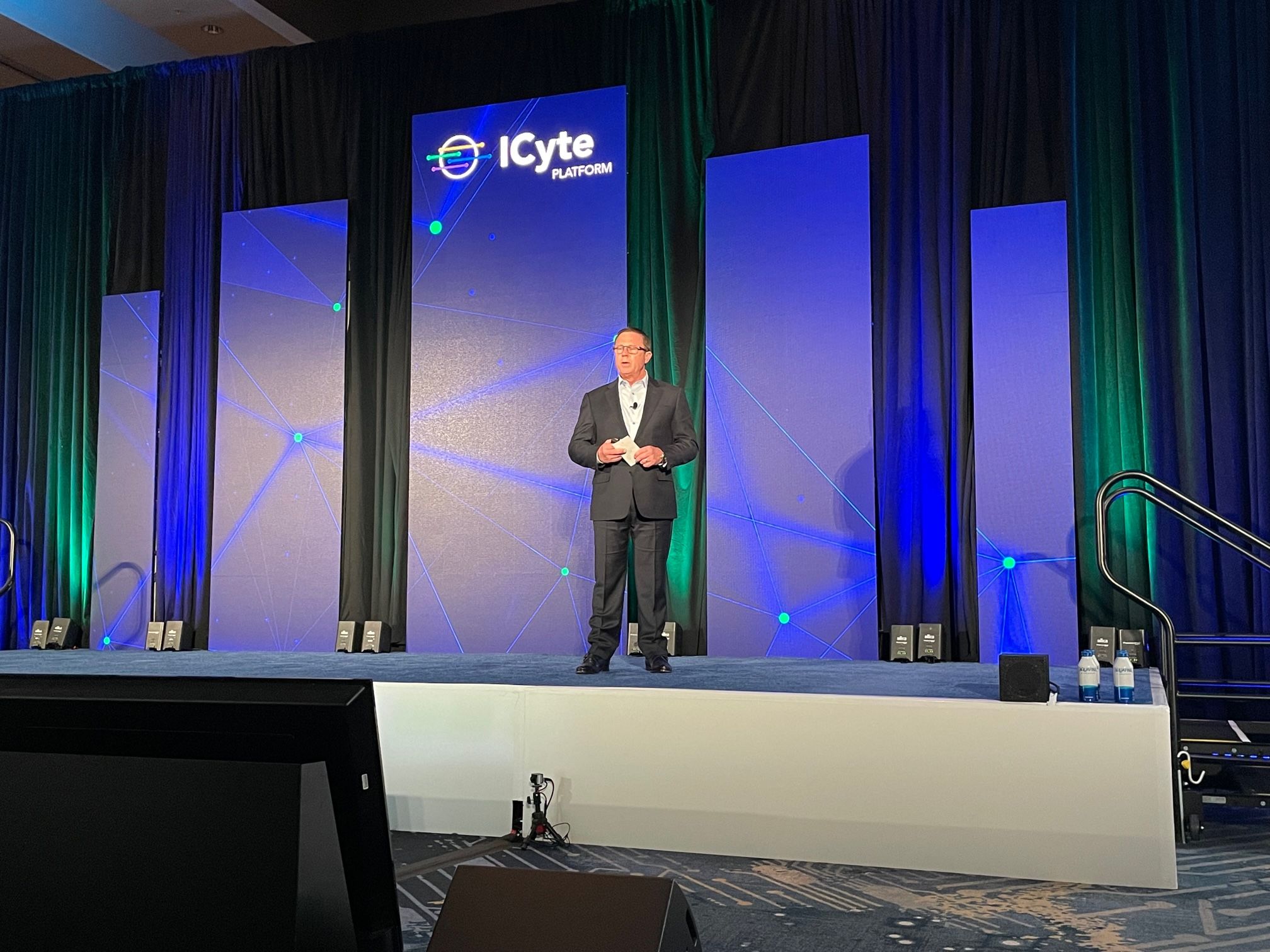Access Insights 2023: Biosimilars, Specialty Generics’ Impact on Sites of Care
Session explores how on-market products have done, and what to expect from new biosimilars.

With $250 billion of exclusivity set to expire between 2023 and 2028, biosimilars are continuing to gain traction in the market. In his session at the Access Insights Conference titled “How Biosimilars and Generics Will Find Success in the Various Sites of Care,” Bruce Phelan, a partner for the company’s consulting business, Blue Fin Group, explores how these drugs will fare in retail, specialty, and clinics.
Beyond that, he offers up a preview of new biosimilars, specialty generics, and even reference products.
As a background, biologics are considered the fastest-growing class of medications in the United States; the Biologics Price Competition and Innovation (BPCI) Act of 2009 established an abbreviated approval pathway in order to assist patients with additional access to safe biologics. A Biosimilar’s Action Plan (BAP) by the FDA stresses the organization’s commitment to encouraging both competition and innovation for biologics, along with helping to facilitate the development of biosimilars (and interchangeable products) for a possible lower cost for patients.
However, a new biosimilar label draft guidance from the FDA now recommends removing details about interchangeability from product labels, which as Phelan says, could suggest that the designation is confusing to both patients and prescribers.
Loss of exclusivity
Of course, it’s important to note that both loss of exclusivity and biosimilar competition can take place at different times. For instance, Celltrion’s Yuflygma was approved by the FDA in June 2023 as the ninth adalimumab biosimilar and launched a month later. On the other hand, Amjevita by Amgen was approved in 2016 but didn’t actually launch until January 2023.
With Humira’s exclusivity having expired this year, Amgen’s Amjevita US Q2 and Q3 earnings were $19 million and $23 million respectively. If one were to compare these numbers to outside of the US, the different are substantial, coming in at $131 and $129 million for those same quarters respectively.
Meanwhile, payers and specialty pharmacies are committed to the reference brand, patient brand reference, acquisition dynamics, and (pharmacy benefit manager) PBM rebates.
In turn, Phelan noted that biosimilar access and uptake has been distinctive, resulting in various product-specific and site-specific facts, such as:
- Pricing, contracting, reimbursement, marketing, and adjacent strategies
- Patient and disease state considerations
- Product characteristics
- Clinical data and filing plan
- Paying willingness and ability to manage
- Competitive intensity
- Provider and patient education
- Manufacturer commercial and patient services
- Reimbursement and net cost recovery (NCR)
A snapshot
Essentially, the success of biosimilar and specialty generics sites of care (SOCs) is impacted by loss of exclusivity and reference product defense; payer SOC preferences; maintenance of average selling price (ASP) and NCR for reference brands in order to be an financially relevant option for NCR and biosimilar reimbursement; and payer discussions and pre-contracting education.
Reference
How Biosimilars and Generics Will Find Success in the Various Sites of Care. November 6, 2023. 2023 Access Insights Conference, Orlando.